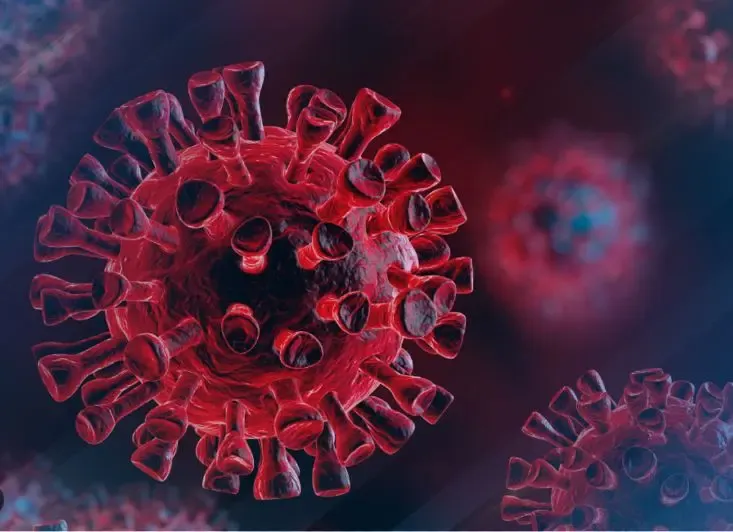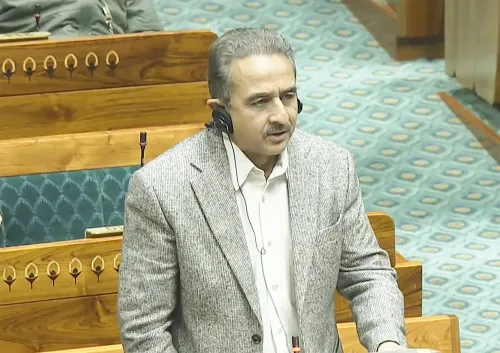Could Long Covid Biomarkers in Blood Be Linked to Respiratory Issues?

Synopsis
Key Takeaways
- Biomarkers related to long Covid have been identified.
- Research focused on patients with severe respiratory issues.
- Findings could lead to new diagnostic tools.
- Study analyzed blood samples from 265 patients.
- Future research will investigate lung and gastrointestinal tissue.
New Delhi, May 1 (NationPress) A group of researchers from Sweden has uncovered biomarkers in the blood that are linked to long Covid symptoms, especially severe respiratory issues.
Long Covid is defined by ongoing symptoms such as acute breathlessness and fatigue that persist following an infection with the SARS-CoV-2 virus.
Researchers from Karolinska Institutet detected a specific set of proteins in the bloodstream of individuals suffering from long Covid. This discovery could lead to improvements in diagnosis and treatment methods.
According to Dr. Marcus Buggert, a docent at the Department of Medicine, Karolinska Institutet, “The proteins were predominantly identified in patients experiencing long Covid and severe respiratory complications.”
“This biomarker profile is recognized as being associated with inflammatory signal pathways that contribute to cell death and lung damage, which has also been noted in other patients suffering from significant pulmonary conditions,” he added.
In their research, the team evaluated blood samples from 265 patients in both Sweden and the UK, who had contracted Covid prior to vaccine availability.
Utilizing advanced methodologies, the researchers assessed thousands of proteins within the blood plasma and correlated them with the patients' symptoms.
The findings, published in the journal Nature Immunology, shed light on the biological mechanisms that may lead certain individuals to endure severe symptoms long after their initial Covid-19 infection.
“By pinpointing the proteins that are elevated in affected individuals, we are establishing a foundation for the creation of diagnostic tools and innovative targeted therapies,” stated Dr. Buggert. “This is particularly crucial given the absence of specific biomarkers and treatments for long Covid.”
The research team plans to further investigate lung and gastrointestinal tissue to better comprehend the mechanisms behind this biomarker pattern.
This will likely assist them in identifying the origin of the detected proteins and determining if there is residual inflammation or tissue damage in specific organs among patients suffering from long Covid, they noted.










